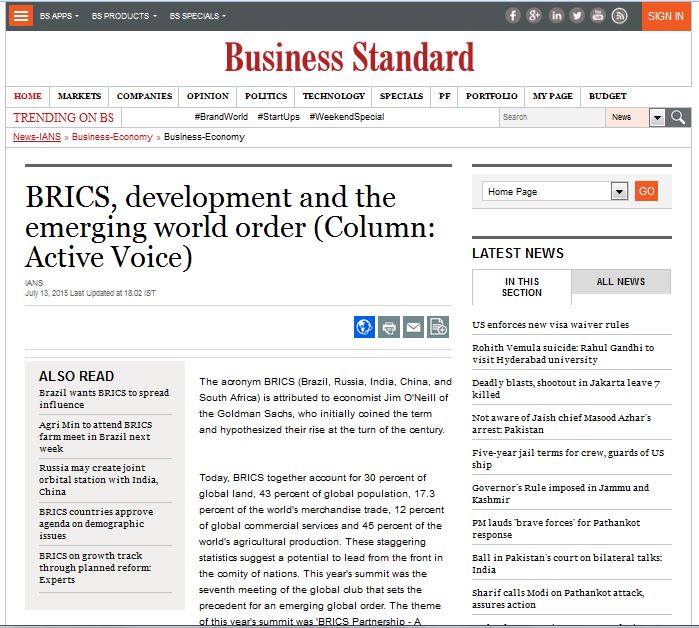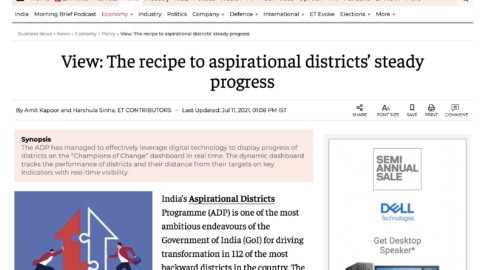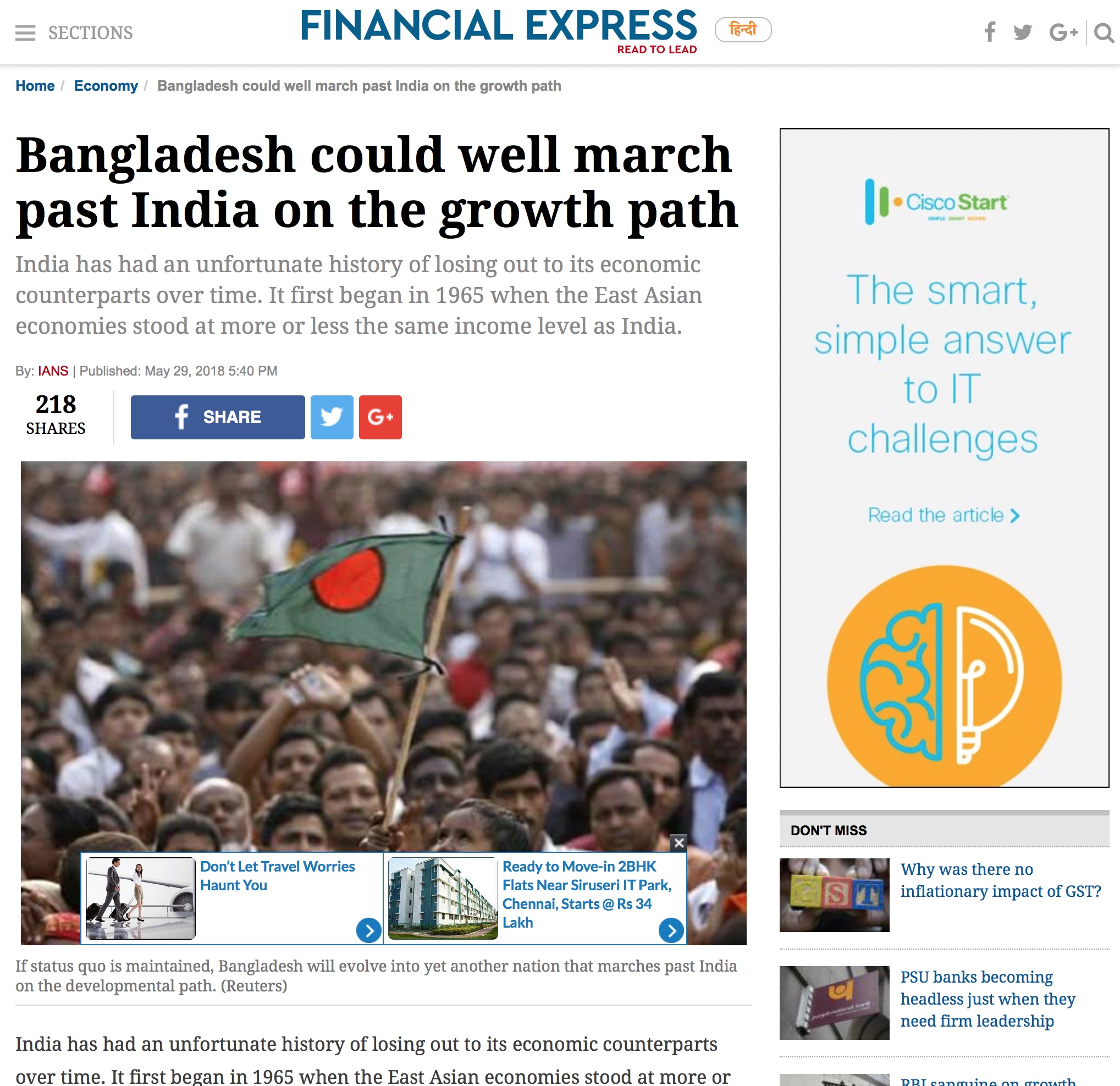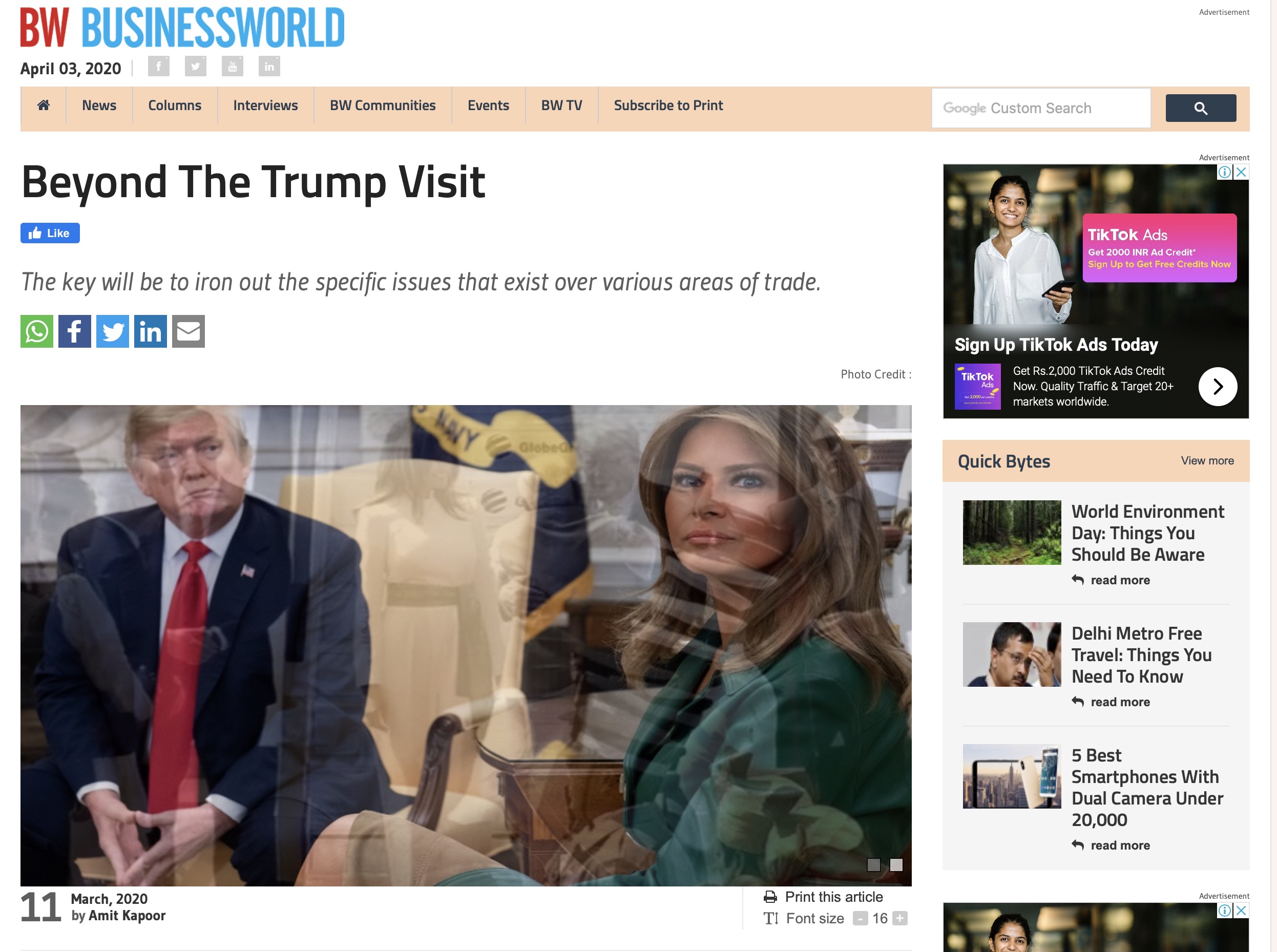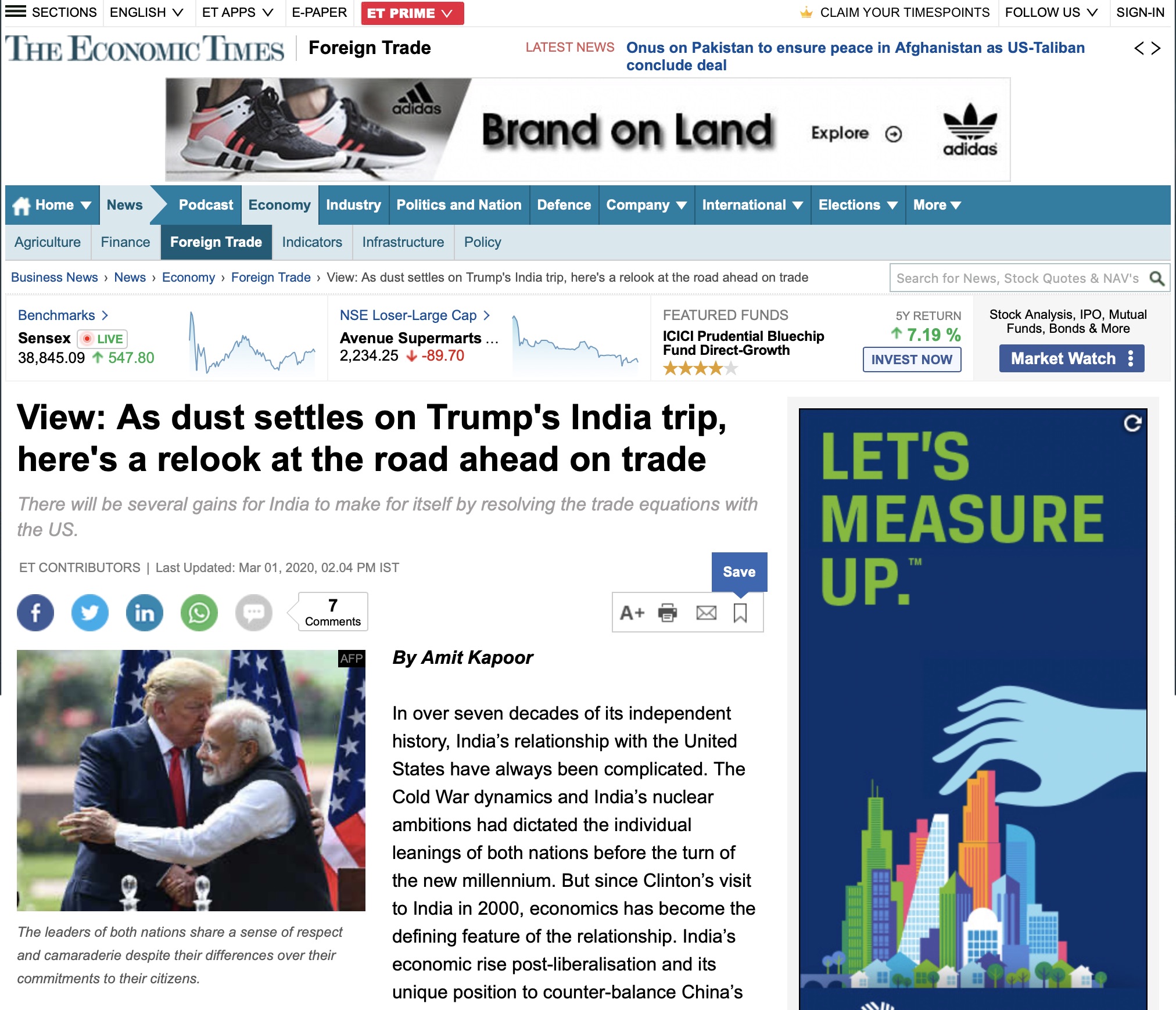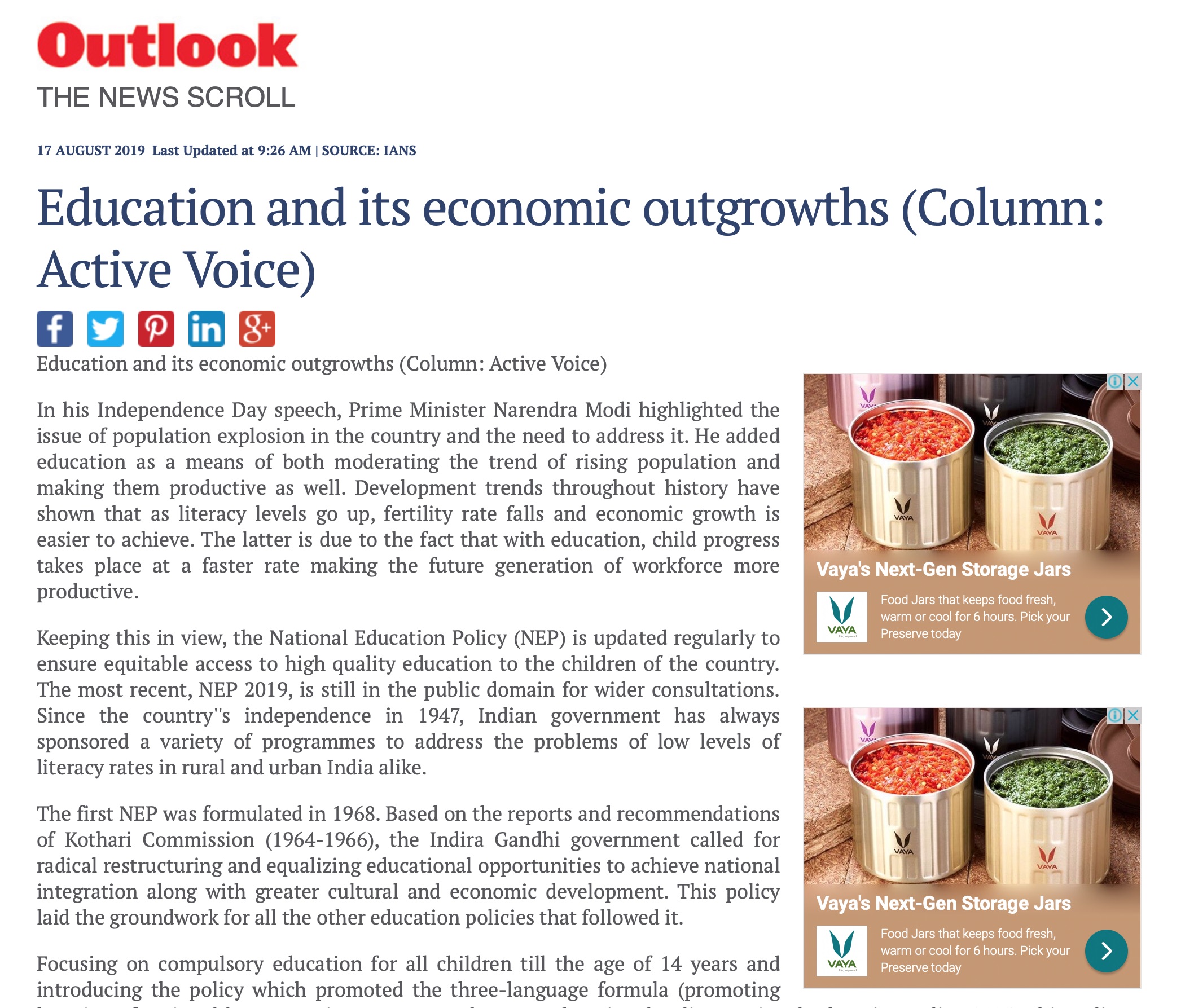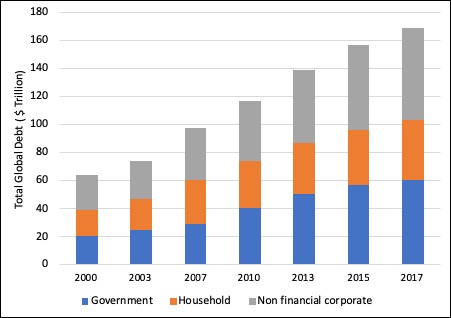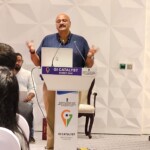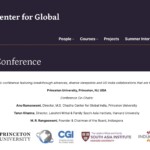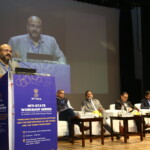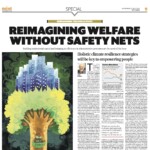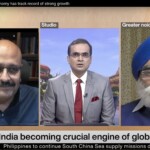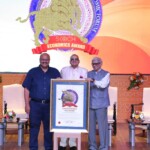BRICS, development and the emerging world order
The acronym BRICS (Brazil, Russia, India, China, and South Africa) is attributed to economist Jim O’Neill of the Goldman Sachs, who initially coined the term and hypothesized their rise at the turn of the century.
Today, BRICS together account for 30 percent of global land, 43 percent of global population, 17.3 percent of the world’s merchandise trade, 12 percent of global commercial services and 45 percent of the world’s agricultural production. These staggering statistics suggest a potential to lead from the front in the comity of nations. This year’s summit was the seventh meeting of the global club that sets the precedent for an emerging global order. The theme of this year’s summit was ‘BRICS Partnership – A Powerful Factor for Global Development’. The summit resulted in the Ufa declaration that essentially talks about broadening the Intra-BRICS regional cooperation.
A high point in this year’s summit was further steps for operationalization of the BRICS bank or ‘New Development Bank’ (NDB). The NDB had taken proper shape during the previous BRICS summit in Fortaleza in Brazil. The NDB has at present an equal contribution from the all the members unlike the Bretton Woods twins (namely the World Bank and IMF) and other multilateral banks like the Asian Development Bank. These have varied contributions from different member states. The first President of the NDB was decided to be from India in the previous summit and the Indian government was prompt to name veteran banker KV Kamath as NDB’s first president. Before the summit in Ufa, Kamath made a statement about operationalizing the BRICS bank and approving the first loan by April 1, 2016.
Four points about the recent summit and the broader trends that it points to are noteworthy:
First, there is increasing multipolarity and multilateralism in world affairs. The post-Soviet world is fragmented and at the same time a lot of negotiations are happening at the bilateral and multilateral level. Prime Minister Narendra Modi, prior to attending the BRICS and the SCO Summits, visited the five central Asian countries of Turkmenistan, Tajikistan, Uzbekistan, Kyrgyzstan, and Kazakhstan. These visits point to India’s increasing reliance on talks for furthering its interests and boosting trade.
Second, geography matters but its influence in global affairs is reducing. It is reflected in the fact that countries from different continents are willing to engage and embrace each other. It also points to a new kind of multilateralism that is not overtly dependent upon the primary platforms for trade especially the World Trade Organization and earlier related trade bodies. It is a great force in international trade and diplomacy especially for countries like India, which are out of some of the major Mega Regional Trade Agreements.
Third, the creation of newer multilateral development banks like the BRICS bank and AIIB (Asian Infrastructure Investment Bank) are a testimony to the aspirations of the developing world for greater infrastructure and economic development. It also shows their enthusiasm as well as their growing power and sphere of influence. It does not necessarily mean reduction in the role of the other multilateral banks especially the Bretton Woods twins. However with these developments, it certainly reduces the over dependence and overreliance on the earlier multilateral institutions for financing economic development.
Finally, groupings like the BRICS have found a new amplified voice in the world affairs. It can be gauged from the response of President Putin when asked by journalists on his take on EU and Greece: “Of course, all the blame can be shifted to the Greeks. But if there were violations in their activity, where was the European Commission? Why didn’t it make any adjustments to the economic activity of the previous government of Greece?” Though blunt, it clearly shows growing assertiveness on the part of leaders from the BRICS in world affairs.
The next BRICS summit is slated to be held in India. The changing stature of BRICS suggests that they have now begun to exert significant influence in world affairs and are shifting the economic and strategic balance towards the developing country side. How far will the balance shift over the long time frame remains to be seen.
Published in Business Standard on July 13, 2015. To know more
